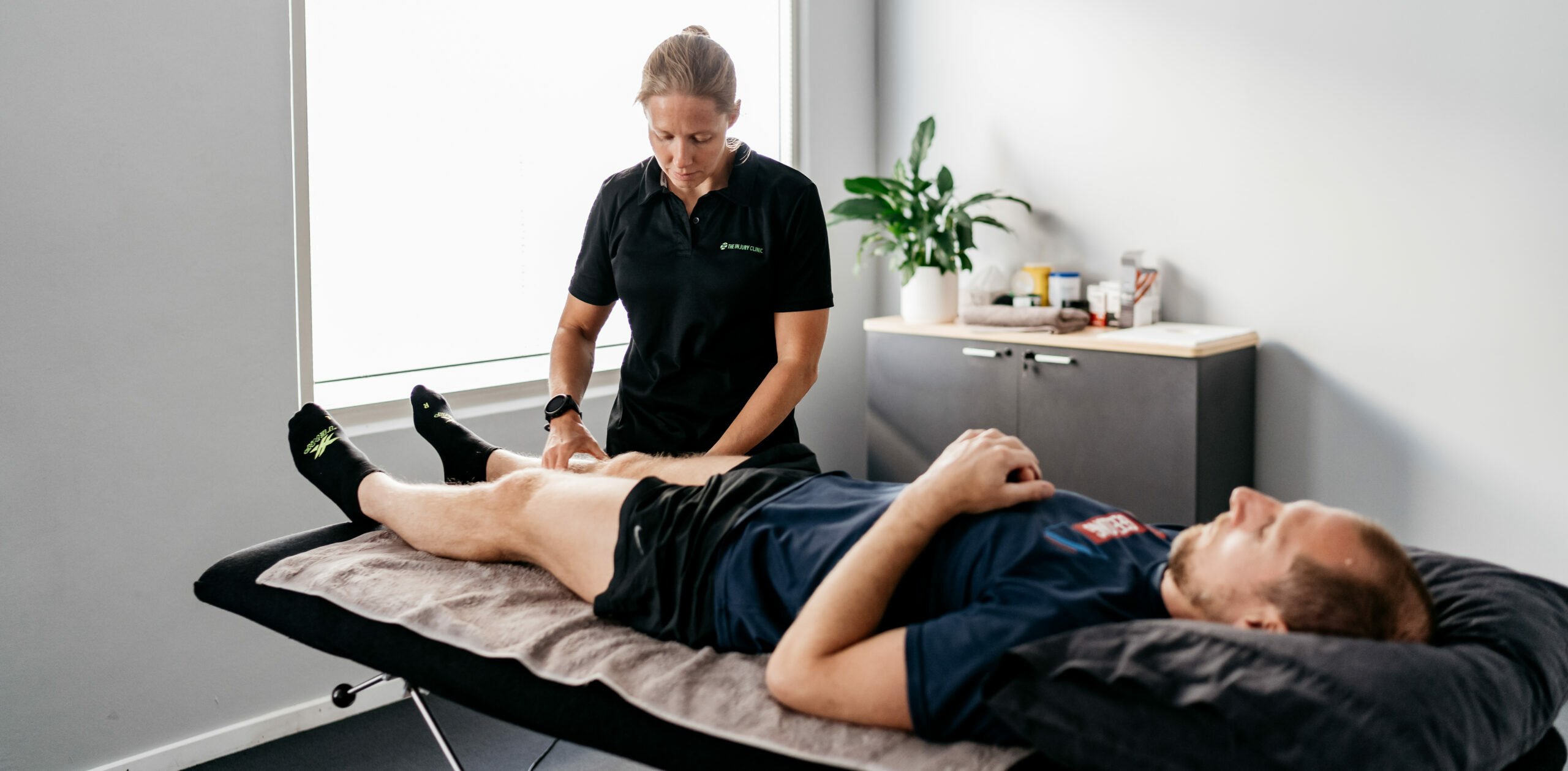
Want to learn more about medial tibial stress syndrome?
Lachie Cooper, Physiotherapist, has answered some common questions.
Check them out below!
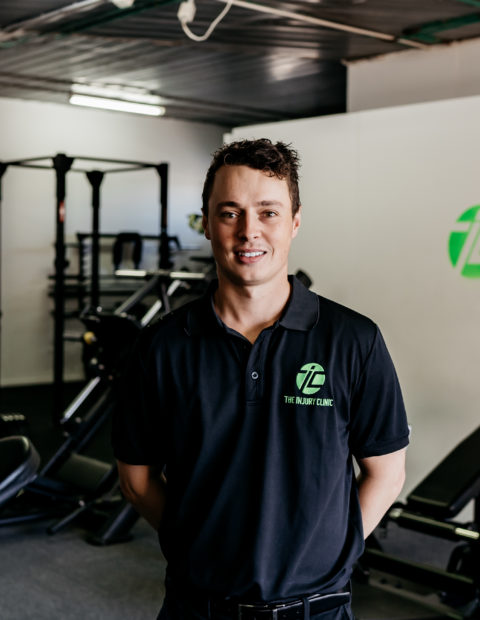
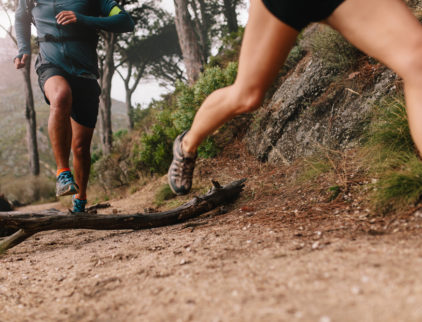
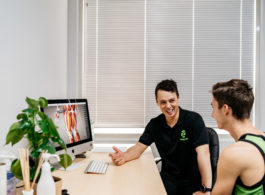
Are ‘shin splints’ and medial tibial stress syndrome the same thing?
The term ‘shin splints’ is found in older literature and was used to describe what we now call medial tibial stress syndrome. ‘Shin splints’ is arguably an outdated term and was never well accepted by clinicians, in part because the original definition was not consistent with the understood cause. Medial tibial stress syndrome is a specific diagnosis which we will discuss in detail later.
What is medial tibial stress syndrome?
MTSS is characterised by exercise induced pain of the lower ⅓ of the medial aspect of the tibia. There is no scientific consensus on the exact process by which MTSS occurs and there are several schools of thought regarding this. A growing body of evidence suggests that MTSS lies on a continuum. At one end, the deep calf musculature causes inflammation through repetitive pulling traction of the outer connective tissue layer of the tibia. This possibly progresses into a bone overload condition, where the presence of inflammation results in impaired bone healing. It is important to know that this is different from a classic ‘bone stress injury’.
How do you diagnose MTSS?
MTSS may be diagnosed clinically without the need for imaging. In particular, patients should report exercise induced pain along the lower and inner aspect of the shin that eases with rest. A key physical examination finding is reproduction of symptoms with palpation of the inner and back (posteromedial) aspect on the lower 3rd of the tibia over a length greater than 5cm.
What causes medial tibial stress syndrome?
As mentioned previously, the exact cause and injury process behind MTSS is unclear. However, research on populations with MTSS indicates that it is an overuse condition with a greater prevalence in a running population. Interestingly, there is a higher incidence of MTSS in a recreational running population compared to those at the professional level. Risk factors contributing to the development of MTSS include:
- Female
- Biomechanics (include increased pelvic drop, peak internal rotation of the hip, navicular drop)
- Training errors (i.e. rapid changes in load, high load)
Do I need imaging for medial tibial stress syndrome?
Studies have demonstrated that imaging modalities such as ultrasound, x-ray, MRI, CT and bone scans are unable to differentiate between athletes with MTSS and those without. As such, imaging is not required and a diagnosis can be made reliably through history taking and a physical assessment.
Should I stop activity if I experience MTSS?
Generally we are able to keep exercising with MTSS. In more irritable cases, non-impactful exercise can usually be performed. This may even include lower limb resistance exercises, cycling or elliptical to maintain fitness. Running may be continued provided that symptoms are kept relatively mild. Activity where pain is more significant should be ceased.
How do you treat medial tibial stress syndrome?
Treatment for MTSS is based heavily from clinical findings and may include:
- Load management (training/running programming)
- Activity modification
- Strengthening (particularly calf and hip musculature)
- Dry needling
After being diagnosed with medial tibial stress syndrome, how long will it take to get back into running?
Medial tibial stress syndrome has a highly variable prognosis, so it depends significantly on the individual. Individuals can often continue running, however this is often at a reduced load. It is important to know that many athletes are over optimistic about how quickly they are able to return to their previous running load. Some studies suggest it may take up to 90 days to run at a moderate intensity for 20 minutes. It is not uncommon for athletes to take 9-12 months to recover and return to their previous training load if they have experienced symptoms for a prolonged period of time.
Schedule your next visit
If you’re interested in booking an appointment with one of our team members, contact our clinic today and we’ll be happy to find time for a consultation.
Schedule ConsultExplore our physiotherapy services
Musculoskeletal
Physiotherapy
At The Injury Clinic Physiotherapy, we work closely with our clients to get them back doing the things they love as soon as possible.
Sports
Physiotherapy
The Injury Clinic Physiotherapy works with recreational to elite athletes to keep them injury free and achieving their goals.
Dry
Needling
All physiotherapists at The Injury Clinic Physiotherapy are qualified and experienced in dry needling as a treatment technique.
Running Related Injuries
Physiotherapists at The Injury Clinic Physiotherapy have a special interest in the diagnosis and management of running-related injuries.
Women's Health
Physiotherapy
We have physiotherapists with a special interest in Women's Health, including pre and post partum presentations. Let us work with you to stay fit, active and healthy.
Pre & Post-Operative
Physiotherapy
Physiotherapists at The Injury Clinic Physiotherapy work closely with surgeons to ensure best outcomes post surgery.
Injury Q&A
Our clinicians have been answering all your questions!
Running Analysis
The goal of a running analysis is to identify aspects of your technique that may be contributing to injury or impacting on efficiency.
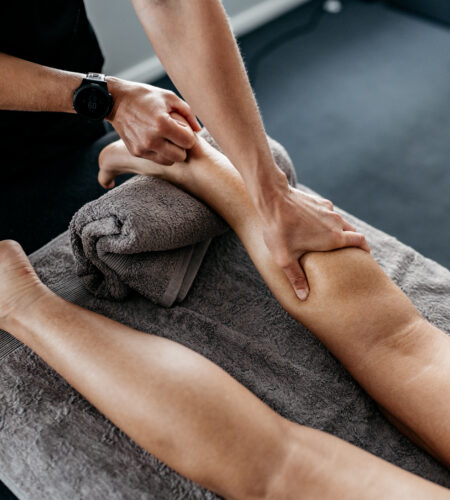

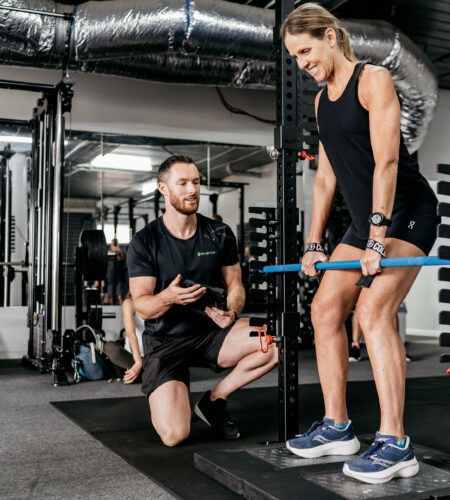



Schedule your next visit
If you’re interested in booking an appointment with one of our team members, contact our clinic today and we’ll be happy to find time for a consultation.
Schedule Consult